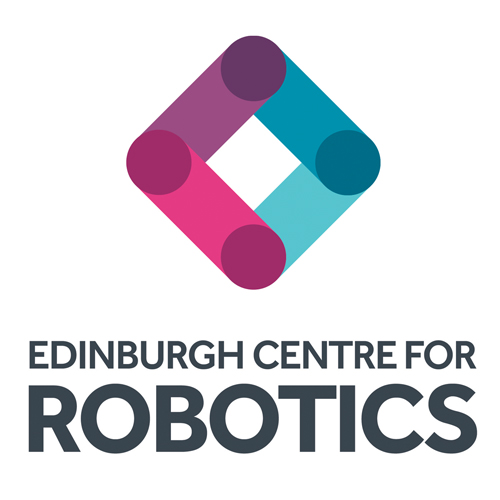UK Robotics Summer School 2025
Welcome to the UK Robotics Summer School web pages. We are organising a Summer School to take place from 2 to 6 June 2025 in the beautiful city of Edinburgh.
Overview: This is a 5 day Summer School from June 2-6 2025, aimed at developing learning, engagement and knowledge exchange within the field of robotics. This school will offer a combination of lectures, tutorials, and industry presentations, focusing on cutting-edge topics in robotics.
Location: Postgraduate Centre (PG01) Heriot-Watt University.

